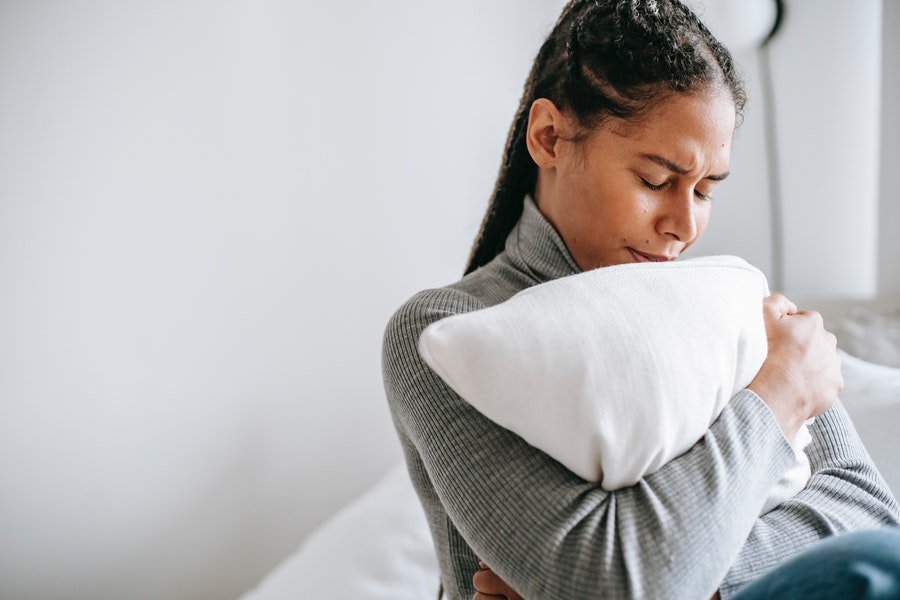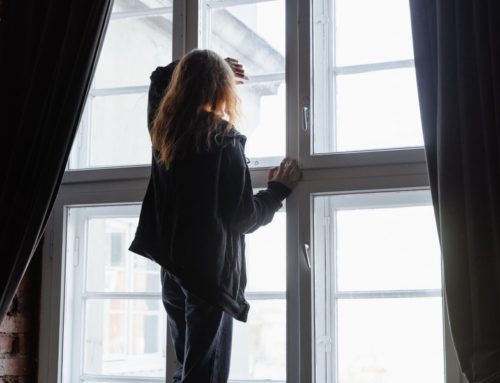Depression affects millions of Americans but is a treatable condition. With the right treatments, anyone with depression can live as satisfying a life as anyone else. However, getting the treatment needed to halt depression is dependent on getting the right diagnosis, and getting a proper diagnosis relies on capturing all the symptoms a person is experiencing. Depression and stress often produce physical symptoms that often become problematic even before a mental health issue can be diagnosed.
If you haven’t felt quite yourself, read on and see if you’re having the common physical signs of depression.
Physical Signs and Symptoms of Stress and Depression
- Digestive issues. Our digestive system contains a massive, complex array of nerves and nerve tracts referred to as the enteric nervous system.[1] These nerves rely on the same chemicals, such as serotonin, that the brain needs to regulate mood. When the body has trouble producing and using these chemicals, our digestive tract also suffers.
- Stomach pain. Cramps, bloating, nausea, and indigestion result from many issues, but this kind of stomach upset can also arise from emotional tension. A sudden fright can cause the stomach to knot up, but ongoing low-level emotional distress also causes stomach aches, which interferes with digestion.
- Muscle pain and aches. Pain in the muscles comes from low-level tension that’s beneath our conscious notice but still powerful enough to keep muscles under stress for too long. Without a let-up in the tension, muscles will become sore, achy, and painful.
- Headaches are common in people with anxiety and depression. The exact mechanisms for this aren’t fully understood, but it’s believed that low levels of the brain chemicals dopamine and serotonin are at fault.
- Lowered pain tolerance. When you’re depressed, even tiny injuries seem to hurt more. This happens because levels of the brain chemical dopamine are in short supply. Dopamine is responsible for our ability to feel pleasure, but it’s also essential for modulating our perception of pain.
Why Do Our Bodies Hurt When Stressed and Depressed?
When stressed, the body produces adrenaline and cortisol. These hormones lead to the activation of our fight-or-flight system, which causes an increase in muscular and nerve tension throughout the body. However, there doesn’t have to be a real threat present. Often, it’s the perception of a threat that causes the body to swing into action. Normally, after a threat passes, our bodies become relaxed again, but with stress and depression, there’s always a lingering amount of nervous tension.
As well, when levels of vital neurochemicals like dopamine and serotonin are out of balance, problems with sleeping, appetite, and the ability to relax are likely.
Damaris Aragon, ARNP, BC provides a full spectrum of mental health care to people in Spokane, Washington, and surrounding areas. She focuses on providing personalized, compassionate care that adheres to current evidence-based standards. Reach out to Damaris through her contact page or calling 509-342-6592.
[1] https://www.health.harvard.edu/diseases-and-conditions/the-gut-brain-connection






